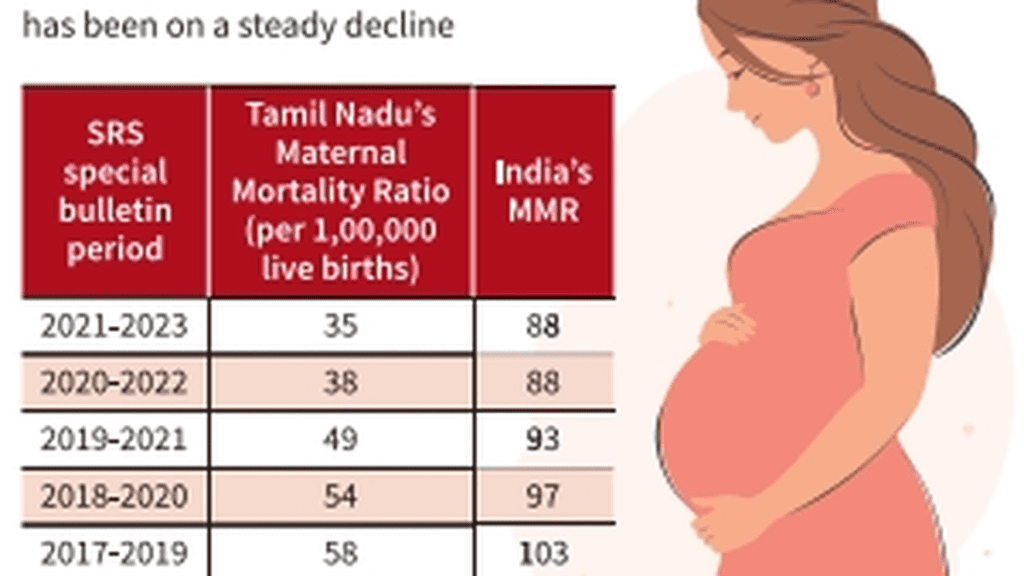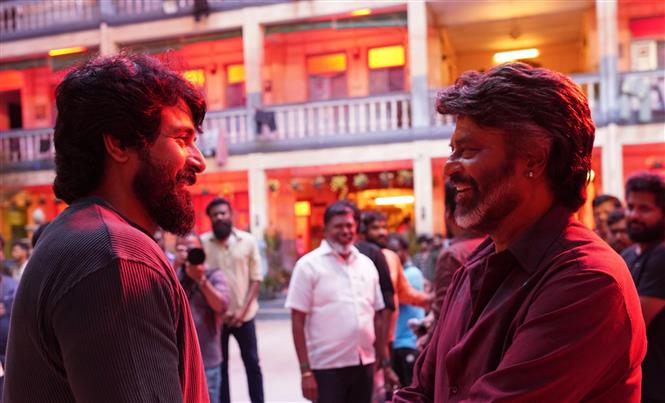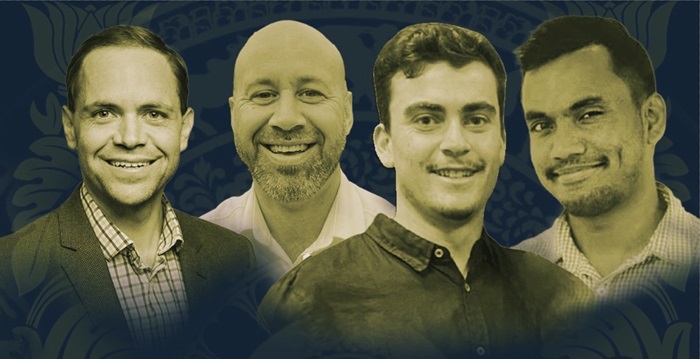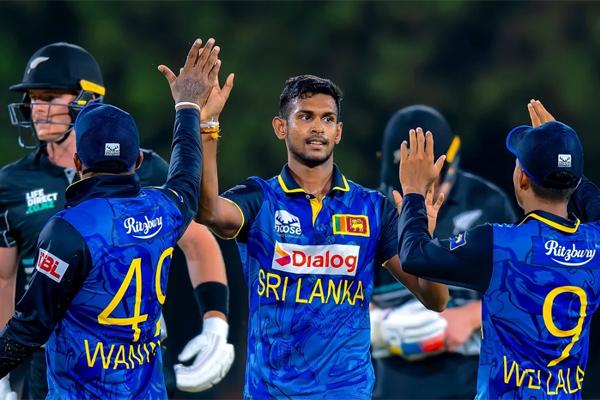Sportstar Focus Bihar Conclave: Paralympic gold in 2016 changed the way women were perceived, says Deepa Malik
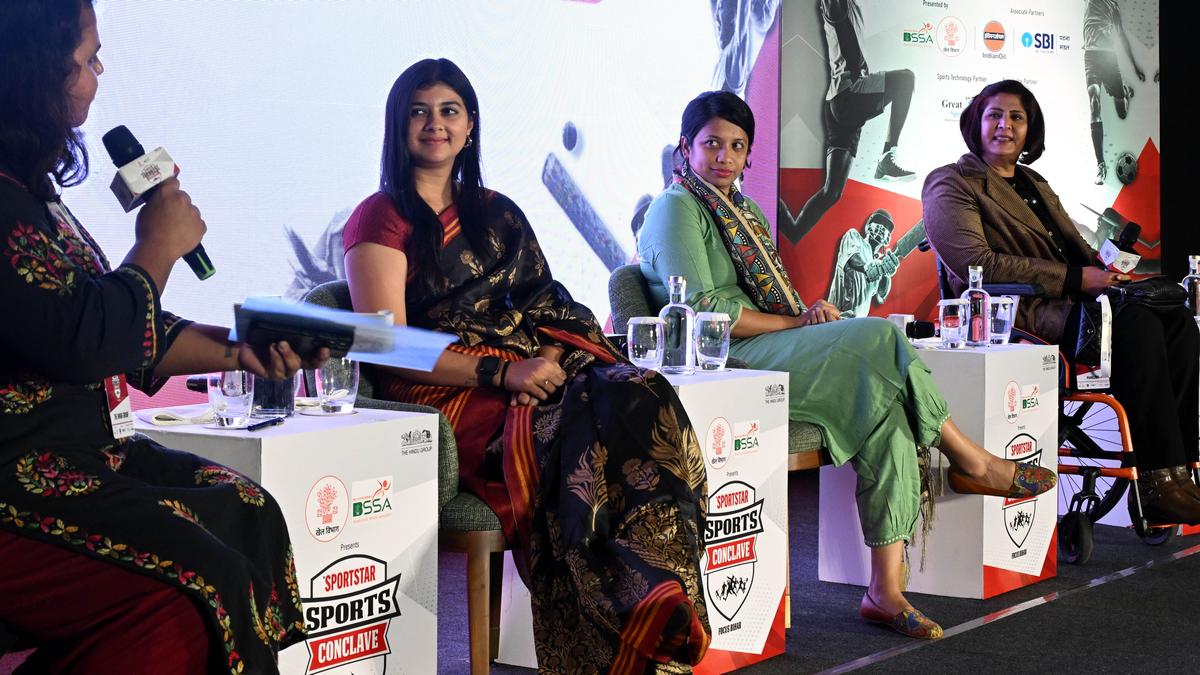
Sportstar Focus Bihar Conclave: Paralympic gold in 2016 changed the way women were perceived, says Deepa Malik
During a panel discussion titled ‘Empowering the Game – Unleashing women’s potential in Sports’ at the Sportstar Focus Bihar Conclave here on Friday, Rio Paralympics silver medallist Deepa Malik said that her momentous feat at the 2016 Games changed the way women were perceived in para sport.
“There has been a huge change in mindset. It took one medal at the Rio Paralympics to create that ripple effect which gave belief. I would thank the Honourable Prime Minister because once we won that medal, there was a lot of respect given to her and a lot of awards bestowed upon her. Post that medal in Rio, we not only had parents but also husbands coming with their wives, children bringing their mothers to come out and play in disability. We need to create more role models and that will encourage more and more women… 2016 had the first female medal, but with Tokyo and Paris, we have 14 more female Paralympic medals,” Malik, who clinched silver in the women’s shot put F53 event, said.
However, there are still barriers for women who want to play sport in the country, and communication and awareness remain key in removing those barriers.
“A lot of our athletes suffer from very low haemoglobin levels. You mix that up with heavy bleeding, and that is going to be catastrophic. The nutrition level of our athletes is a big problem. Grassroots athletes are also not aware of options such as period underwear. There are a lot of misconceptions around contraception. The athletes know very little about their bodies and are not able to have a confident conversation with their coaches. They don’t know that period can have an impact on performance,” Aditi Mutatkar, Program Head, Athlete and Women Initiatives at Simply Sport Foundation, said.
Mihira Khopkar, a sports nutritionist who works with Reliance Foundation Hospital, echoed Aditi’s views.
“Out of the 500 athletes we surveyed, 70 per cent said they find themselves in a very uncomfortable spot to speak about menstruation stuff to their male coaches. Without having these conversations, there is no way ahead. The onus is on the coaches to make the athletes more comfortable, for which the coaches, parents and support system need to be empowered and educated for them to them to have the comfort to talk about it. Communication continues to be a huge barrier,” Mihira said.
She also delved into her experience of working with athletes to highlight how the lack of knowledge of one’s body had adversely affected a female athlete.
“A young girl kept having repeated stress fractures and when we investigated further, we realised there was pressure to be light on weight, light on body fat and be agile on the court and have a good reaction time. That made her get into a routine of not following the best diet and the training load continued to be very high. The amount of expenditure in calories through training didn’t match what she was fuelling in. That low energy availability led her to have irregular periods, which led to a drop in the level of estrogen, which is one of the most profound hormones which influences bone health.”
Aditi, who hailed Bihar as a “female-first” State during the conclave, said that encouraging women to take up sport also entailed making them feel safe.
“We need to focus on the ecosystem as much as on the athlete. The first thing is to talk to the parents. Safety becomes extremely important. Girls are just not safe and having a safe environment for them, even in terms of providing public transport to the field of play, is important. We need to solve something very specific when we look at girls’ programmes. Other challenges include inculcating parents into these conversations,” Aditi added.
Meanwhile, Mihira emphasised on the need for more women-centric research and studies in the field of sport that would closely reflect their needs.
“All of the current research on women athletes is based on findings coming from male athletes. There have been about 5,500 studies on sport science and medicine. Of those, in only 34 women were included in or were part of the studies. Of those, only six per cent focused exclusively on women. There is a dearth of knowledge when it comes to what the female athletes need. What the Bihar government is trying to do is the start of something very big for women in Bihar,” she said.
“What the Bihar government is trying to do is the start of something very big for women in Bihar,” Mihira concluded.



